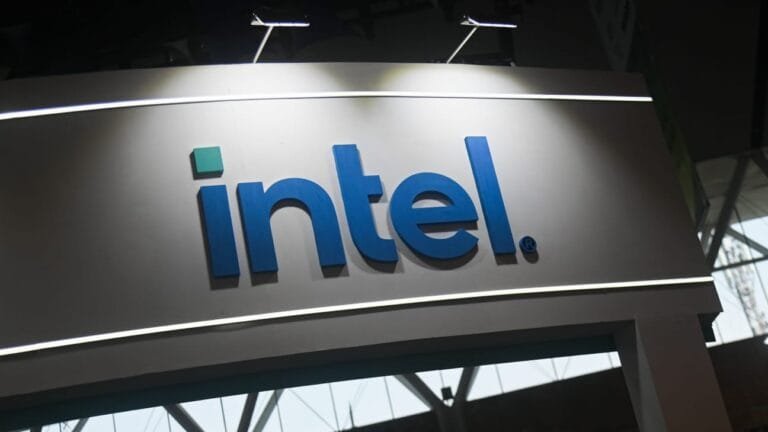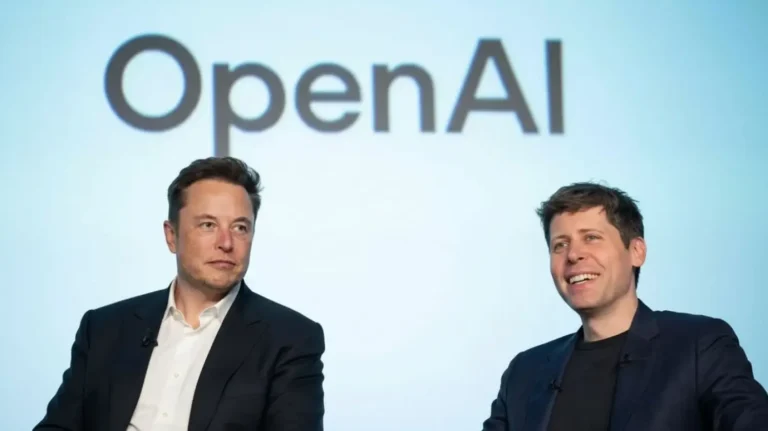
Leaders from India, China, Russia, and other nations at the SCO Summit 2025 in Tianjin.
Introduction The Rise of a New Global Order on SCO Summit 2025
The 2025 Shanghai Cooperation Organisation (SCO) Summit has emerged as a turning point in global geopolitics. The summit, hosted by Chinese President Xi Jinping, has signalled the beginning of a new era in international relations, which many analysts have termed as the Renewed Upheaval. The summit is being seen as an organised response to Western dominance, particularly the US dominance. But in this article we will present an in-depth analysis of various aspects of the summit, its implications and India’s strategic stance.
China-India relations have a complex history. Relations between China and India have seen significant ups and downs in recent years. The violent clash in the Galwan Valley in 2020 created a deep rift in the relations between the two countries. The tensions in the Ladakh region created a deep mistrust between the two countries. And in such a situation, the 2025 SCO Summit was important in the sense that it provided a platform to restart the dialogue between the two countries.
The development journey of the Shanghai Cooperation Organisation
The Shanghai Cooperation Organisation was originally established in 2001 with the aim of resolving border disputes and increasing mutual trust. But over time it has taken the form of an important regional security and economic cooperation organization. And by the year 2025, the SCO has become an organization representing almost half of the world’s population and more than 30% of global GDP. But this 25th summit held in the Chinese city of Tianjin was particularly important because it symbolized the rebuilding of geopolitical alliances in the post-COVID-19 pandemic world. The concept of renewable upheaval basically describes a group of countries that strive for a change in the current global order and oppose US dominance, alongside the struggle against Western dominance.. This group includes China, Russia, Iran, Pakistan and many Central Asian countries. The solidarity of these countries at the SCO summit has strengthened this axis.
Steps towards a multipolar world
Russian President Vladimir Putin clearly stated in his address that dialogue within the SCO helps lay the foundation for a new Eurasian security system replacing the old Eurocentric and Euro-Atlantic models. This statement clearly challenges the dominance of Western countries, especially NATO and the US. Security and terrorism emerged as major themes at the SCO Summit 2025. Prime Minister Narendra Modi forcefully raised the issue of cross-border terrorism and said that it affects not only India but also China. And he stressed that they must give priority to the fight against terrorism for regional peace and stability.
Economic cooperation and connectivity
Economic cooperation has been a major pillar of the SCO. China’s Belt and Road Initiative (BRI) was a major theme at this summit. Also, Russia, Belarus, Iran, Kazakhstan, Kyrgyzstan, Pakistan, Tajikistan and Uzbekistan reaffirmed their support for the Chinese connectivity initiative but India once again refused to support the BRI. This stance of India has remained consistent. Also, the main reason for this is the China-Pakistan Economic Corridor (CPEC) which passes through Pakistan-occupied Kashmir (PoK). And India’s clear stand is that PoK is its integral part and no third country should do construction work in this area.
Also, the search for an alternative to the currency and trade dollar, which Russian President Putin emphasized on the use of national currencies in trade between SCO countries. But he said that national currencies are being widely used in mutual agreements of trade between SCO countries. And this points to reducing dependence on the US dollar and an alternative financial system.
Modi-Jinping talks a historic meeting on SCO Summit 2025
The bilateral meeting between Prime Minister Narendra Modi and Chinese President Xi Jinping in Tianjin caught everyone’s attention. This is considered an important step towards normalizing relations after the 2020 Galwan clash. Also, in this meeting, there was a discussion on border dispute, direct flight, Mansarovar Yatra and increasing mutual relations. The border dispute is a complex issue which is the most sensitive aspect of India-China relations. The Galwan Valley clash and tension in the Ladakh region have created deep distrust in the relations between the two countries.
But in such a situation, India’s clear stand is that normality in relations is not possible without peace and stability on the border. In the Modi-Jinping talks, both sides agreed on the importance of maintaining peace and stability in the border areas. Satisfaction was expressed on successful disengagement and peace on the border. There was an agreement to maintain stability on the borders using the existing mechanism.
Partnership vs Rivalry SCO Summit 2025
But both countries acknowledged that their main focus is on domestic development goals. And they are partners, not rivals. It was believed that stable and cordial relations are in the interest of 2.8 billion people. Also, both sides acknowledged that their common interests are more important than differences. And agreed not to turn differences into disputes. Also, observers see Trump’s policies and their response as an organized response to the SCO Summit 2025 against the policies of US President Donald Trump.
But the tariffs imposed by Trump and the policy of America First have angered many countries. India has taken a diplomatic step by increasing dialogue with China amid US tariffs. But the Ukraine crisis is a different perspective which Russian President Putin put forward his point of view on the Ukraine crisis, saying that the crisis in Ukraine has arisen not as a result of invasion, but as a result of a coup in Kiev supported by Ukraine’s Western allies. And Putin appreciated the efforts of India and China in resolving the Ukraine crisis, which presents a different perspective from the US-led Western coalition.
Demand for reform in international institutions
Indian Foreign Secretary Vikram Misri pointed out serious shortcomings in the functioning of international institutions. He said that there is a lack in the way the World Trade Organization (WTO) works. Also, even an organization like the United Nations (UN) is not able to work effectively at this time, and this issue is a common concern of big countries like India and China. Because both the countries play a major role in the global commerce economy and financial forums. Also, the supremacy of national interests, which India followed the policy of Nation First in the SCO summit.
Despite the US tariff, India has taken a diplomatic step by increasing dialogue with China. And through this, India has again sent a message to the world including America that national interests are supreme in global politics. Also, the permanent disagreement on BRI, which India has consistently refused to support BRI, but which shows its different position in the SCO. India’s stand of objection to BRI is old and it still stands on it. Prime Minister Modi, without naming CPEC, said in the presence of Xi Jinping and Pakistani Prime Minister Shahbaz Sharif that it is necessary to take care of the sovereignty of the other country in any project. And if this is not done, the project has no meaning.
Conclusion: SCO Summit 2025
The SCO Summit 2025 has signaled the beginning of a new era in global geopolitics. At the same time, the relentless upheaval led by China has presented a united front in opposition to Western dominance, especially US dominance. And India has played a balanced and national interests-prioritizing role on this platform. At the same time, India has taken advantage of regional cooperation and development opportunities without compromising its sovereignty and territorial integrity.
But even while continuing to oppose projects like BRI, India has continued pragmatic engagement with China. And while remaining firm on issues like border disputes, it has adopted a cooperative approach on common challenges like terrorism. At the same time, India’s Nation First policy and balanced approach can put it in a position to play an important role in this new era of global geopolitics. But amid growing tensions between the US and China, India’s position will be important not only regionally but also globally.






